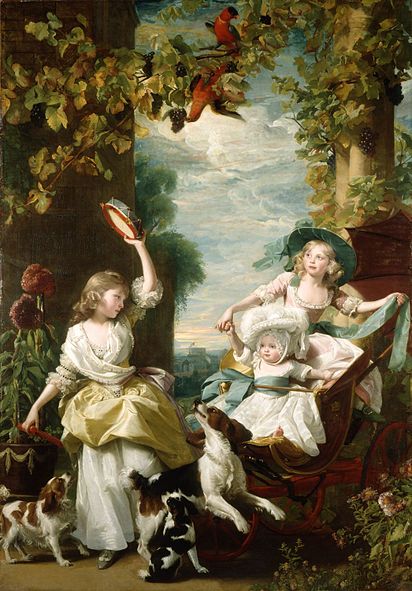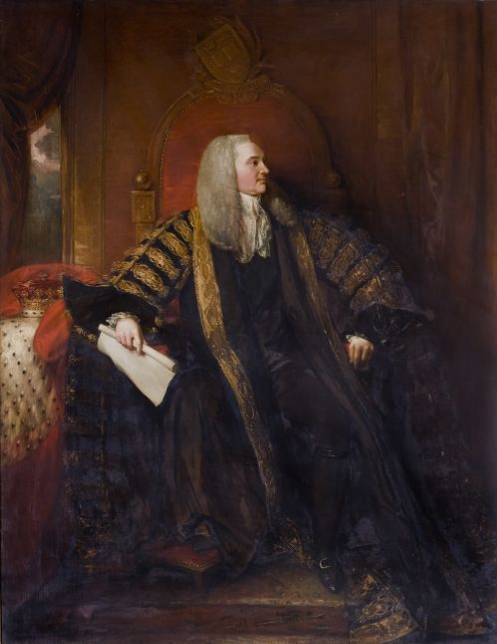The Regency
 Following his father King George III’s
final relapse into madness, George Prince of Wales was made Prince Regent in
February 1811. His mother, Queen Charlotte, and the Archbishop of Canterbury
were given control of the king, who was locked up at Windsor Castle under the
care of the brutal Willis family. Finally George was in control of the purse
strings, or as much as he was ever likely to be.
Following his father King George III’s
final relapse into madness, George Prince of Wales was made Prince Regent in
February 1811. His mother, Queen Charlotte, and the Archbishop of Canterbury
were given control of the king, who was locked up at Windsor Castle under the
care of the brutal Willis family. Finally George was in control of the purse
strings, or as much as he was ever likely to be.
George’s Whig friends assumed that the
Regent would throw out the Tory government under Spencer Perceval and install a
ministry under Greville. This Prince George failed to do. There was a stark
dividing line between the two parties on policy; conduct of the war and
Catholic emancipation. The issue of voting reform was also exercising political
minds. The future Prince Regent was more in line with Tory thinking over the
great issues of the day, while letting his friends assume that there would be a
change of government.
Not long before the passing of the
Regency Act Queen Charlotte wrote to her son informing him that his father’s
health had improved. This allowed the Prince of Wales to defer action on
changing the government, on the grounds that his father’s recovery would mean a
further change in ministry. In the event the king was to remain locked away at
Windsor, until his death in1820.
On 18th June 1811 the Prince
Regent celebrated his new status with a party, in questionable taste. The
exiled royalty of Europe flocked to the prince’s table, which boasted such
vulgarities as a canal, filled with fish, down the middle of the table.
But by the autumn of 1811 the Prince
Regent, self-indulgent to the end, was tired of dealing with the puritanical Spencer
Perceval. He looked to bring his Whig friends into power, but indicated in a
letter to his brother, the Duke of York, that he did not want a change in
political direction. The result was a change on some of the members of the
ministry, but no dramatic change in direction. By February of the following
year the one year of restraints imposed on the Regent by the Regency Act,
expired.
In February 1812 Perceval piloted the
bills for increasing the Regent’s income through the House of Commons. This was
a tricky business in a time of economic unrest and rising prices. George had
always been a spendthrift and throughout his life never felt constrained by the
country’s economic woes to curtail his extravagant lifestyle. The opposition
objected to Perceval’s proposals but their hostility was handicapped by their
previous support for George.
Assassination of Spencer Perceval
On 10th May 1812 the Prime
Minister was assassinated. George wanted a bipartisan ministry to replace the
Tories. But both parties refused to accommodate his wishes, whereupon the
Regent re-appointed Perceval’s men with Lord Liverpool as Prime Minister. The
ministry’s position in the House of Commons had strengthened during the
negotiations.
It was during the Regency that the
privilege of choosing the ministry switched from king to parliament. Hereafter
it was to be the grouping with a House of Commons majority that was to form a
ministry to run the country; a constitutional change of importance.
The Catholic Relief Bill of 1813 was not
passed onto the statute books, in part because of the Prince Regent’s
opposition.
A Man Unlike His Father
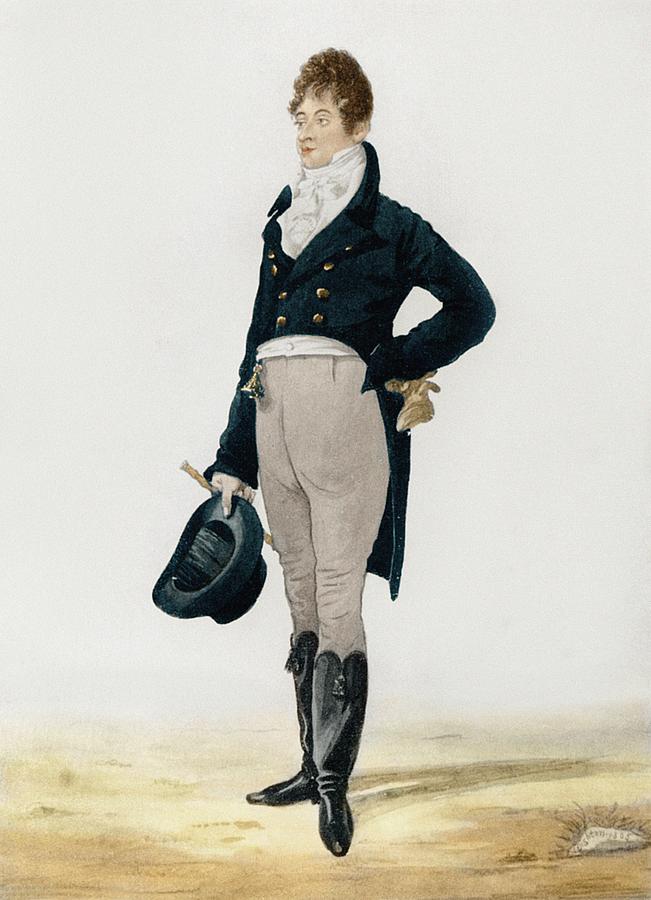
Beau Brummell
The Regent had always been a man of
enthusiasms, but faithless to friends in need. His desires had to be met,
regardless of expense and regardless of whether money was available to pay for
them. Up until 1814 the prince had been friendly with George ‘Beau’ Brummell,
but the two fell out and Brummell, who had gambled away his fortune fled to
France to escape his creditors and live out the rest of his life in poverty.
The Prince had of course discarded Mrs
Fitzherbert with unseemly haste too. His youthful affair with the actress Mary
Robinson had ended with a promise from the prince that he would pay her the sum
of £20,000[i]
when he achieved his majority. Mrs Robinson held letters from the Prince that
he did not want his father to see and he offered her £5,000, which the king had
to apply to Lord North for;
‘My eldest son got last year into a very
improper connection with an actress and woman of indifferent
character....£5,000 is an enormous sum, but I wish to get my son out of this
shameful scrape.’[ii]
something which could not have endeared
the son to his father. George paid Mary Robinson an annuity, but this appears
to have often been in arrears, causing her problems.
George III blamed Charles James Fox for
leading the Prince of Wales from the path of virtue. Fox was a leader of
London’s young men of fashion; Fox drank heavily, had plenty of scandalous love
affairs, gambled playing for high stakes and was one of the leaders of the Whig
politicians. Prince George, unlike his father, was attracted to the excitement
of this life of loucheness. But like his father sided with the opposition.

George was not really interested in the
sole progeny of his ill-starred marriage to Caroline of Brunswick. In 1813 it
was proposed that Princess Charlotte should marry the Prince of Orange. The
princess initially agreed to the match, although she was not taken with him
personally. At their first meeting he became drunk, along with her father and a
number of his friends. Charlotte told the Prince of Orange that she would
always welcome her mother at her home, something which angered her father.
Charlotte eventually broke off the engagement and married Prince Leopold of
Saxe-Coburg.
To his sisters the Prince Regent was
more generous. Hitherto kept cabined, cribbed, confined; after the death of
their mother in 1818; their brother allowed them a modest amount of
freedom.
The End of War
In later years, when king, George was to
declare that he fought at both Salamanca, leading a charge of dragoons and
Waterloo. These claims were met by his then Prime Minister, the Duke of
Wellington, in silence. The Prince Regent had not been involved in the
military, despite requests made to his father. After the capture of Cuidad
Rodrigo, George had been more interested in his marital problems, than dealing
with military matters. Indeed in 1810, under the influence of his Whig friends
the Prince of Wales had criticised Britain’s foremost general. George did not
allow the small matter of total military ignorance to stand in his way.
But when Wellington returned to England
after the abdication of Napoleon and the trouncing of French troops on the
Spanish Peninsula, the Prince Regent was more inclined to be gracious. Visiting
Wellington’s nephew’s home on the occasion of a grand party in the great
general’s honour George affably told Wellington
‘My dear fellow, we know your actions, and we
will excuse you your words, so sit
down.’[iii]
In the 100 days between Napoleon’s
abdication and his re-appearance on the international scene, the Prince Regent
was a supporter of proposals to send Wellington to America, where war had
broken out again, the Americans raiding Canada and accusing the British of
supporting the native Americans. The war in America petered out, the two sides were
stalemated. The American government’s finances were so low they were dependent
on illegal trading with the enemy; whilst the British realised that their aim
was to trade with the Americans rather than waste money fighting them.
On continental Europe Napoleon’s bid to
regain his empire failed at Waterloo. The union of allied powers prevailed; partly
due to luck and poor judgement on Napoleon’s part.
Post War

Lord Castlereagh
It was Lord Castlereagh who, post war,
suggested the country’s future policy towards continental Europe; Britain
should hold the balance of power, to ensure that no one country became too
powerful and likely to threaten Britain’s interests in Europe and world-wide.
And that balancing has been, until recent times, the leitmotif of British
foreign policy.
Expansion of British trade interests and
empire was also a popular policy, especially with those industrialists with
goods to sell. The peace with the Americans had been followed with a treaty of
commerce
Catholic emancipation was not obtained
until 1829 and reform of voting malpractices had to wait until 1832.
George was by now obese and, as ever,
primarily concerned only with his own pleasure. George was not one to forgo
sybaritic pleasures for the good of his country. The death of Princess
Charlotte in childbirth in 1818 provided George with the chance to display his
histrionic talents in an outpouring of grief for a child he had never been
close to. It was not until 29th January 1820 that George succeeded
his father on the throne, finally landing the role he had coveted for so long.
Bibliography
Perdita
– Paula Byrne, Harper Perennial 2004
Fanny
Burney – Claire Harman, Flamingo 2001
George
III – A Personal History – Christopher Hibbert, Viking 1998
Wellington
– A Personal History – Christopher Hibbert, Harper Collins 1997
The
Reign of George III – J Steven Watson, Oxford University Press 1988
The
Age of Reform – Sir Llewellyn Woodward, Oxford University Press 1997
En.wikipedia.org
[i]
£2,070,000.00 using the retail
price index or £27,200,000.00
using average earnings in 2010 www.measuringworth.com
[iii]
Wellington - Hibbert
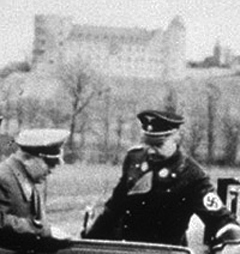


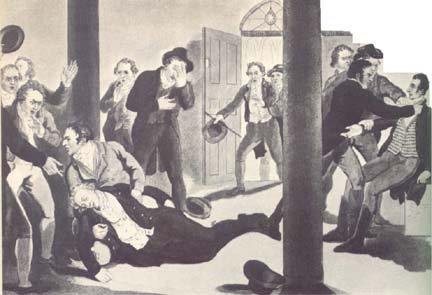
 Beau Brummell
Beau Brummell

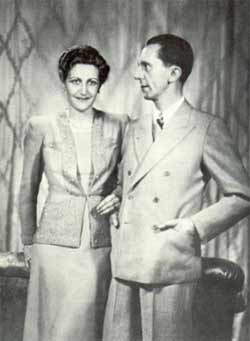

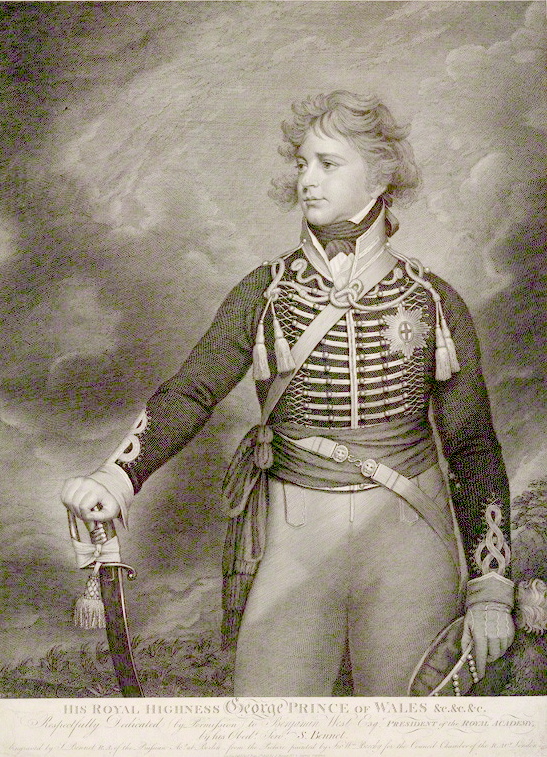

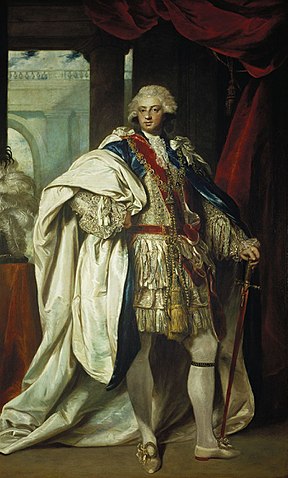

.jpg/294px-King_George_III_by_Sir_William_Beechey_(2).jpg)
